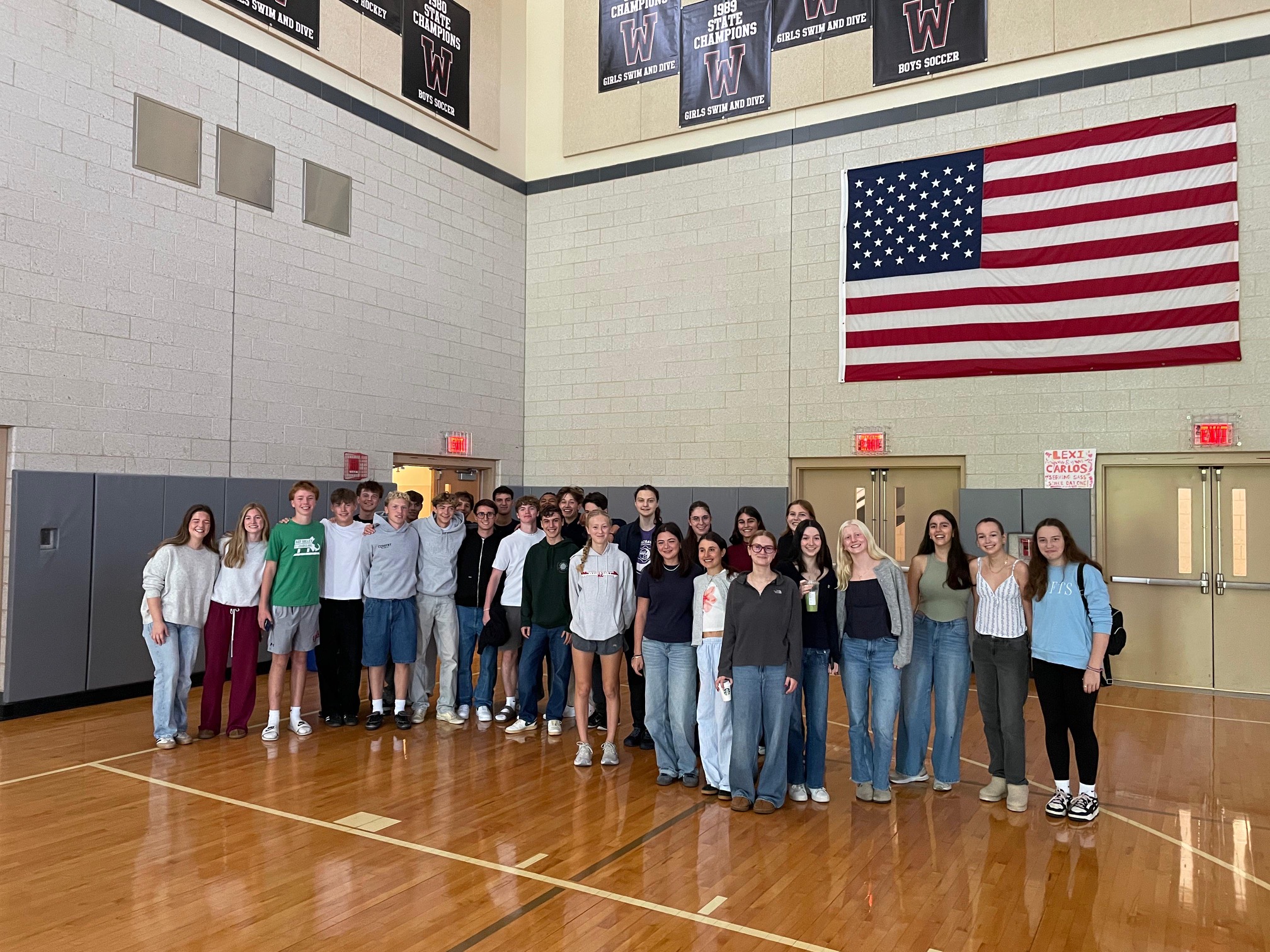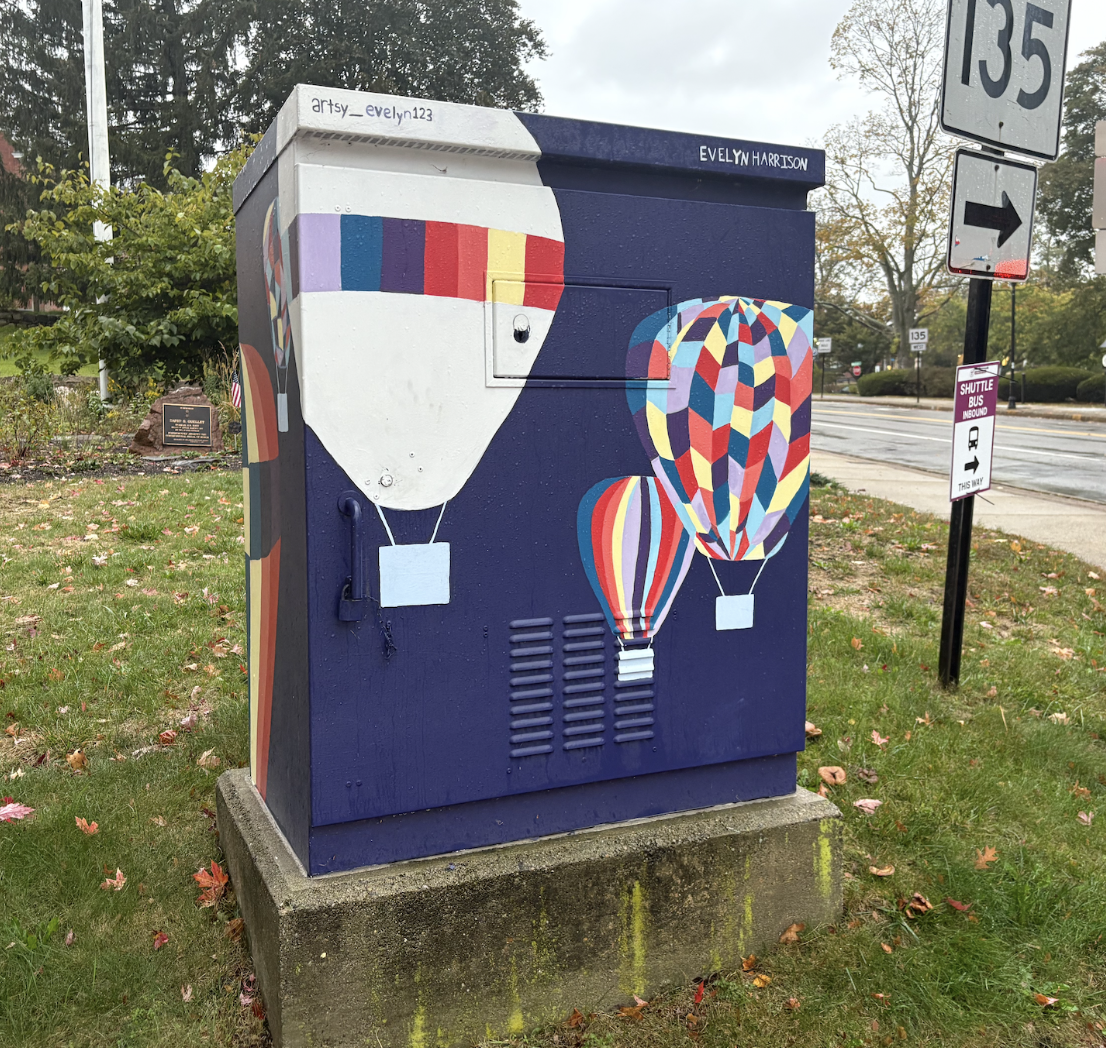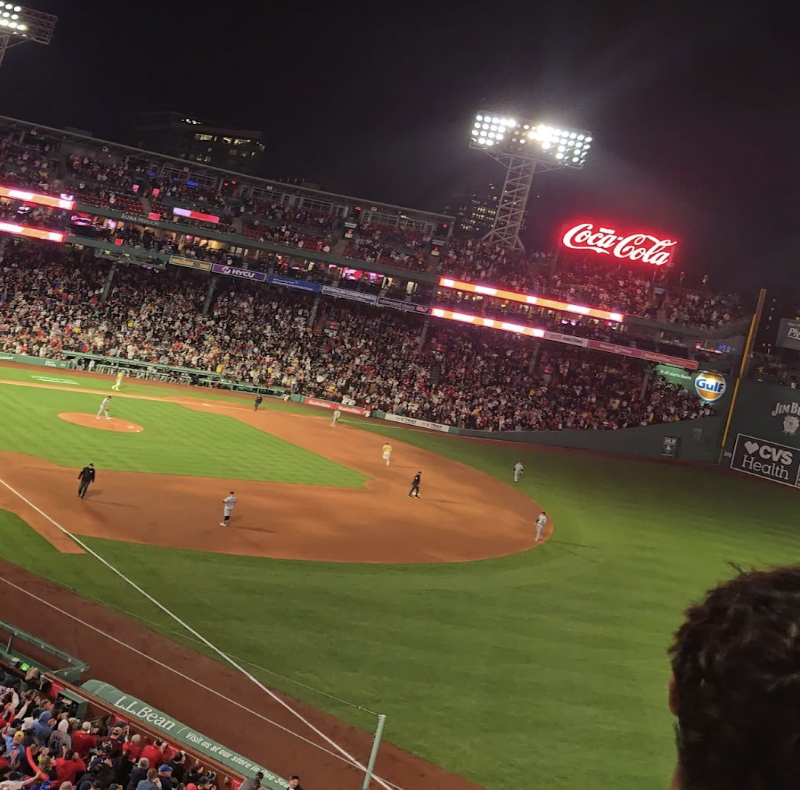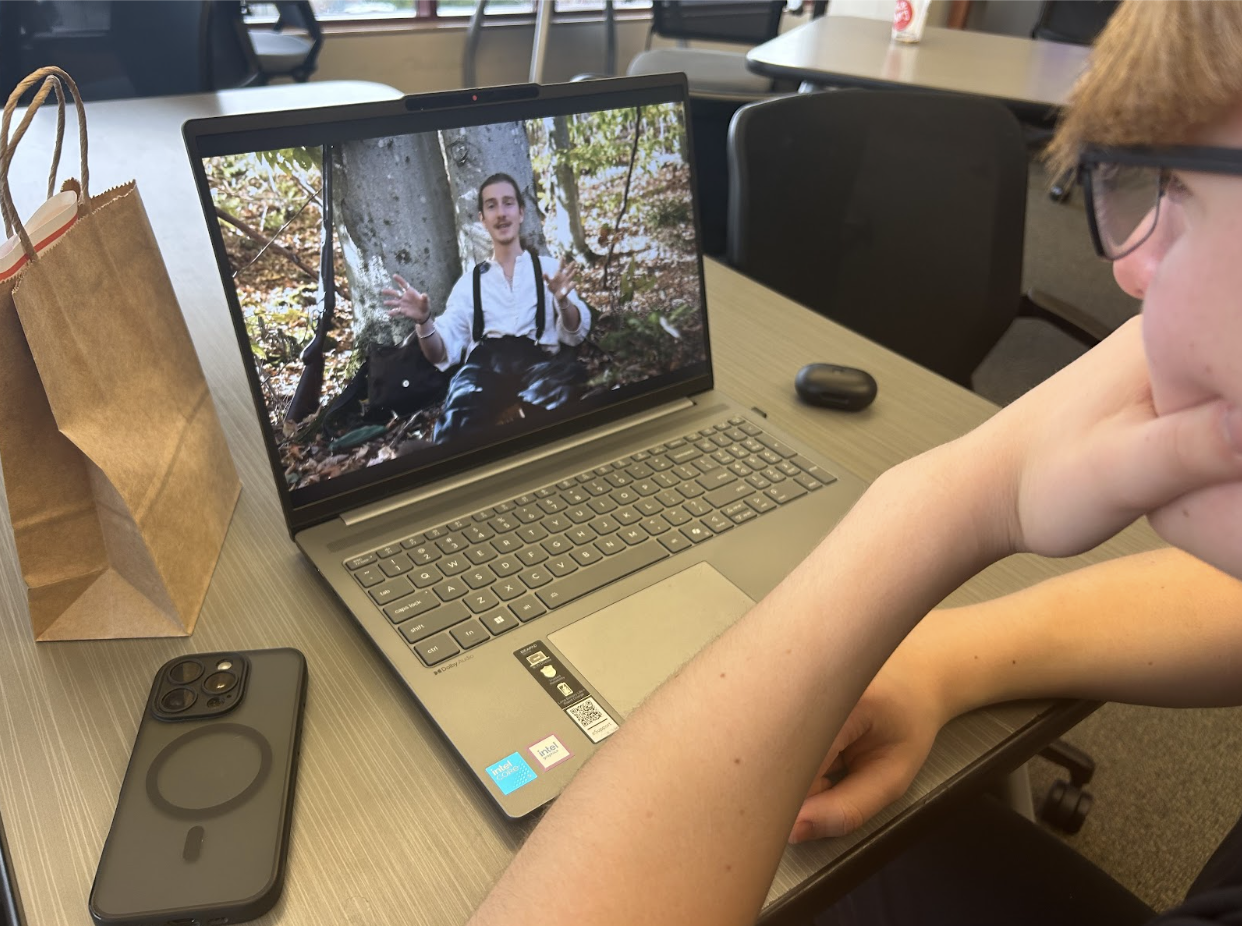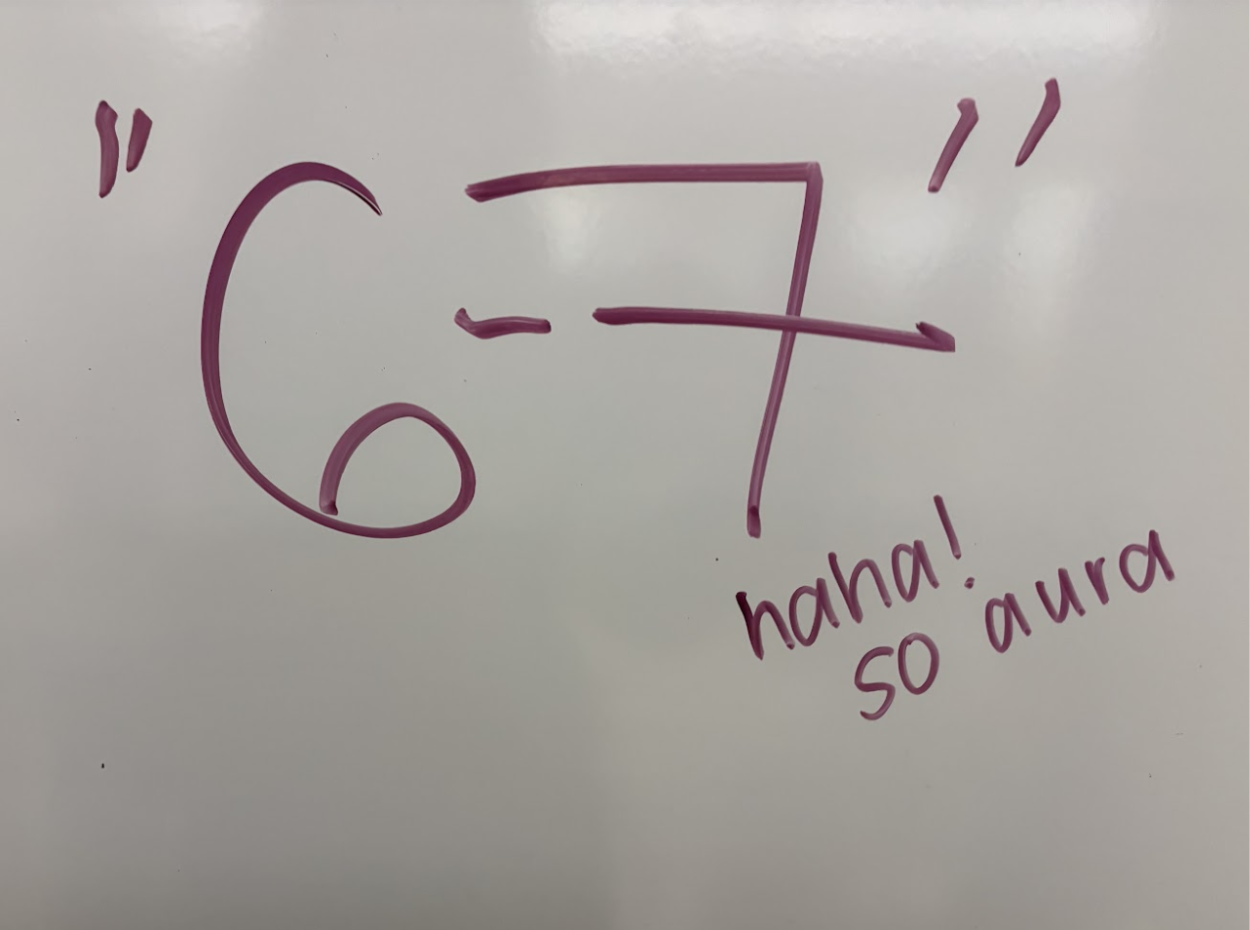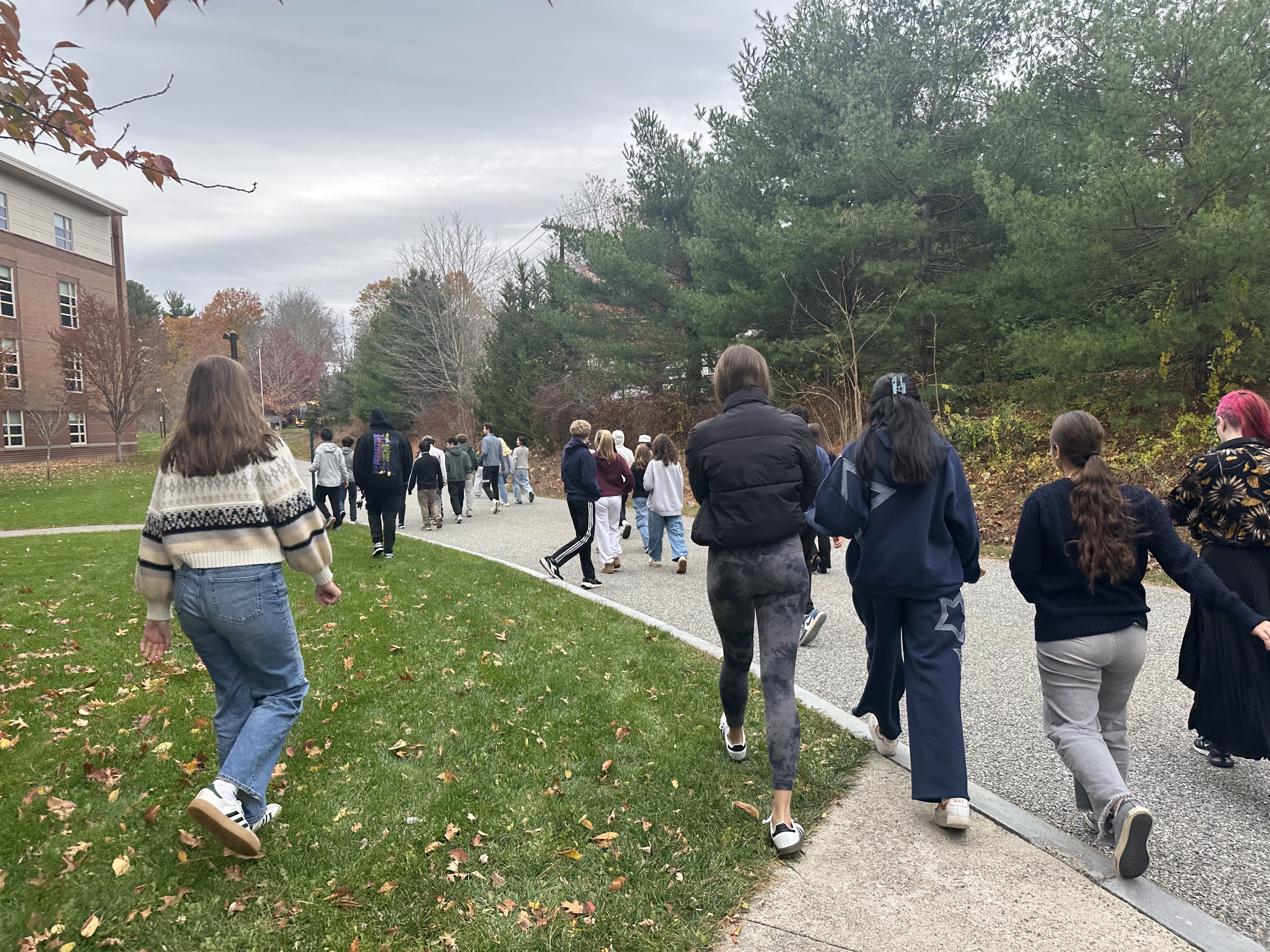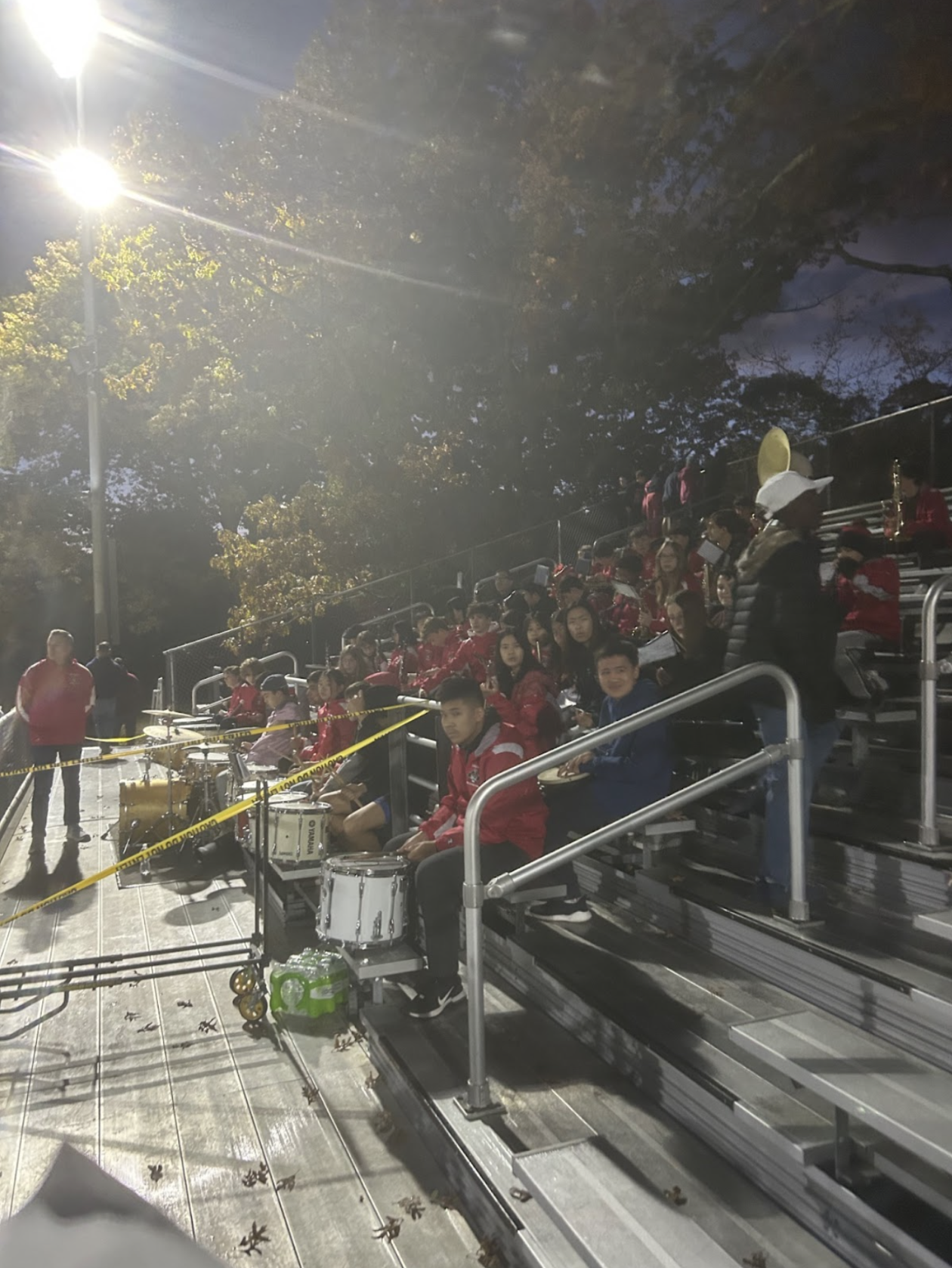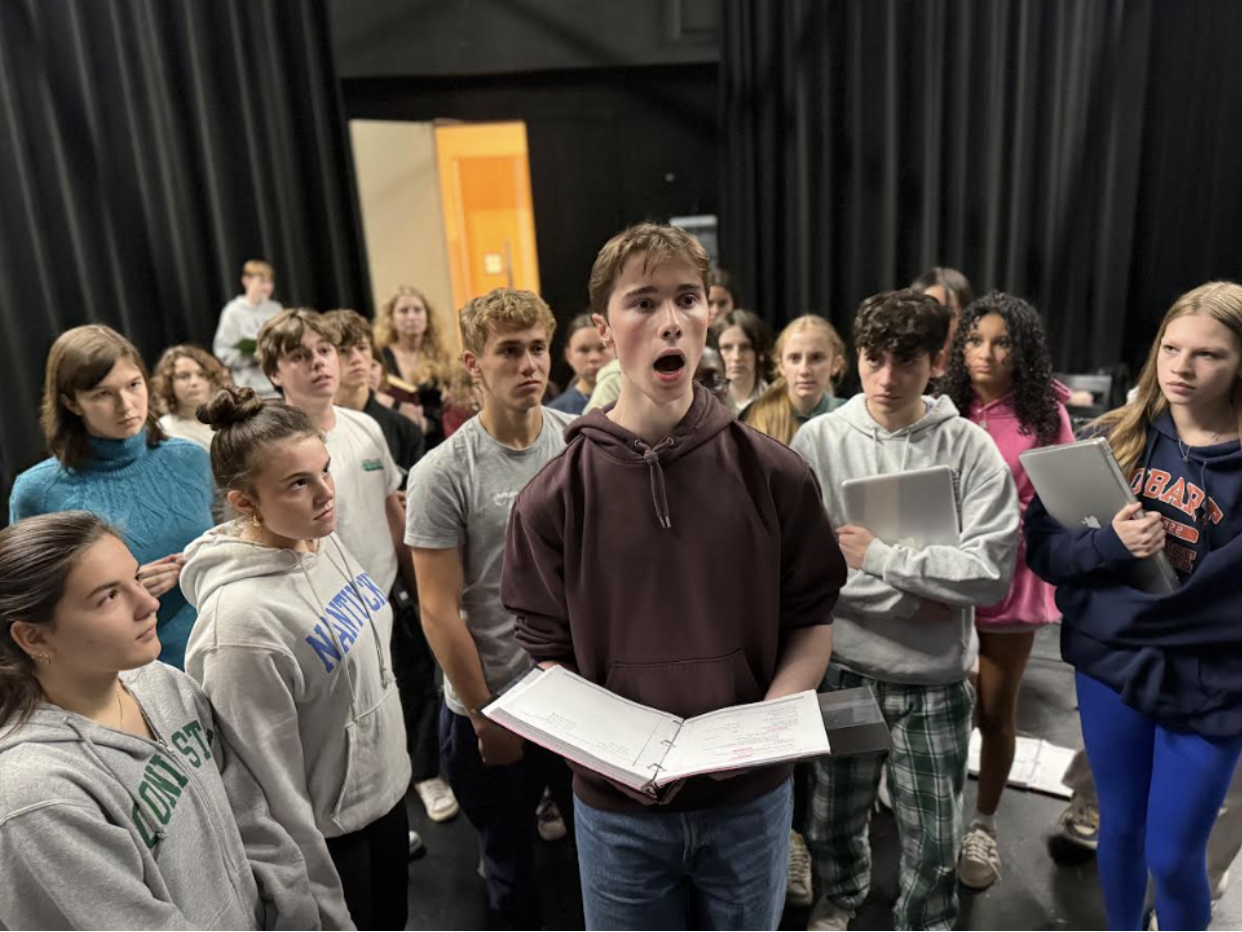This September, fifteen students from Wirtschaftsgymnasium Basel-Stadt (Basel Business School) in Switzerland arrived in Wellesley to spend two weeks living with a host family. Each […]
Unique fusion: Karma’s arrival brings Asian blends and classic dishes
Nestled in a cozy corner of Linden Square, Karma Asian Fusion offers upscale Asian Cuisine, combining flavors from numerous regions to make unique combinations. Inside, […]
Wellesley artists unite the community with electrical box art
Flowers, sports equipment, birds, police cars, and silhouettes. These designs are scattered throughout Wellesley, painted on electrical boxes along sidewalks and roads. An effort that […]
How the Red Sox can turn a wild card exit into a World Series championship
Boston is a town blessed with tremendous sporting success. We claim 38 championships in hockey, basketball, football, and baseball combined — we are literally one […]
The basis behind the ban: the new Google resource restrictions
On September 29, an email from the high school’s technology office was sent out to every student in the Wellesley Public School system, notifying students […]
The high school has so much aura
“Six-seven.” “Rizz.” “Sigma.” “Cooked.” “Fire.” “Aura.” These words fly around the hallways like paper airplanes. Yet, despite their pervasiveness around the high school, their power […]
Finding balance in curriculum alignment
Walk into any classroom at the high school, and you might see students debating a historical issue, running a chemistry experiment, or drafting an essay. […]
High school juggles safety and stress with active shooter drills
On November 5, students at the high school trudged into advisory and were met with “ALICE” spelled out in block letters and posted on Smartboards. […]
Pep band brings life to Friday Night Lights
The stadium is filled with cheers, glaring lights, and the spirit of Friday night football. The band blasts out the “Imperial March” as the cheerleaders […]
International Thespian Society recognizes excellence in theater
For students who spend hours rehearsing lines and building sets after school, recognition hasn’t always followed their hard work. However, with the launch of the […]

